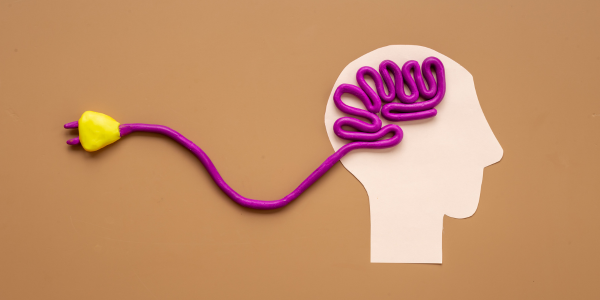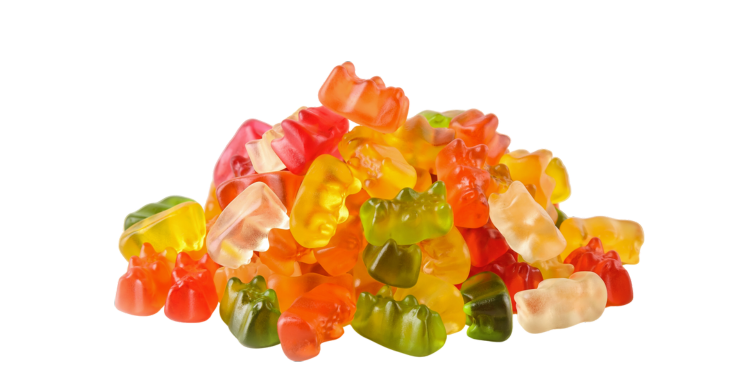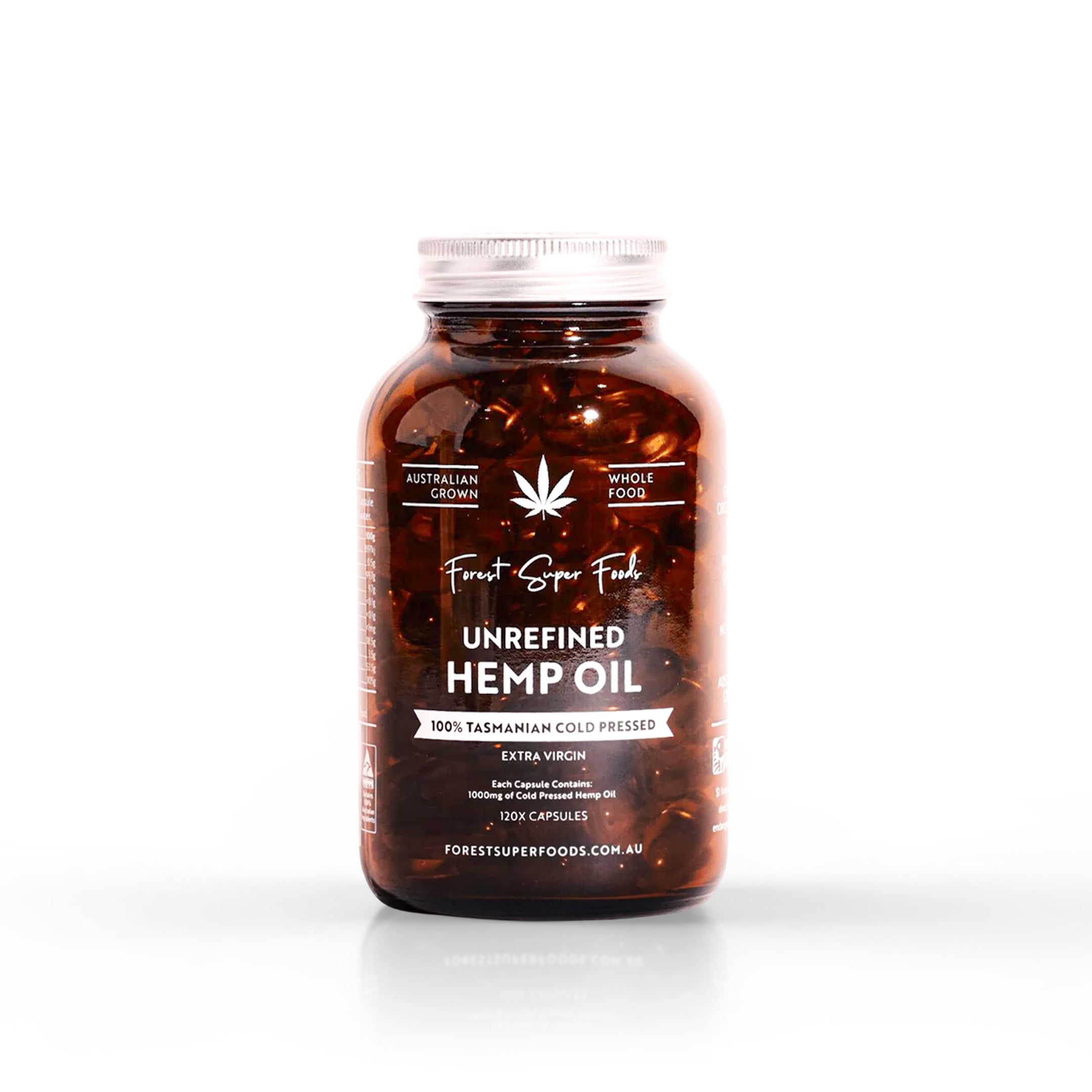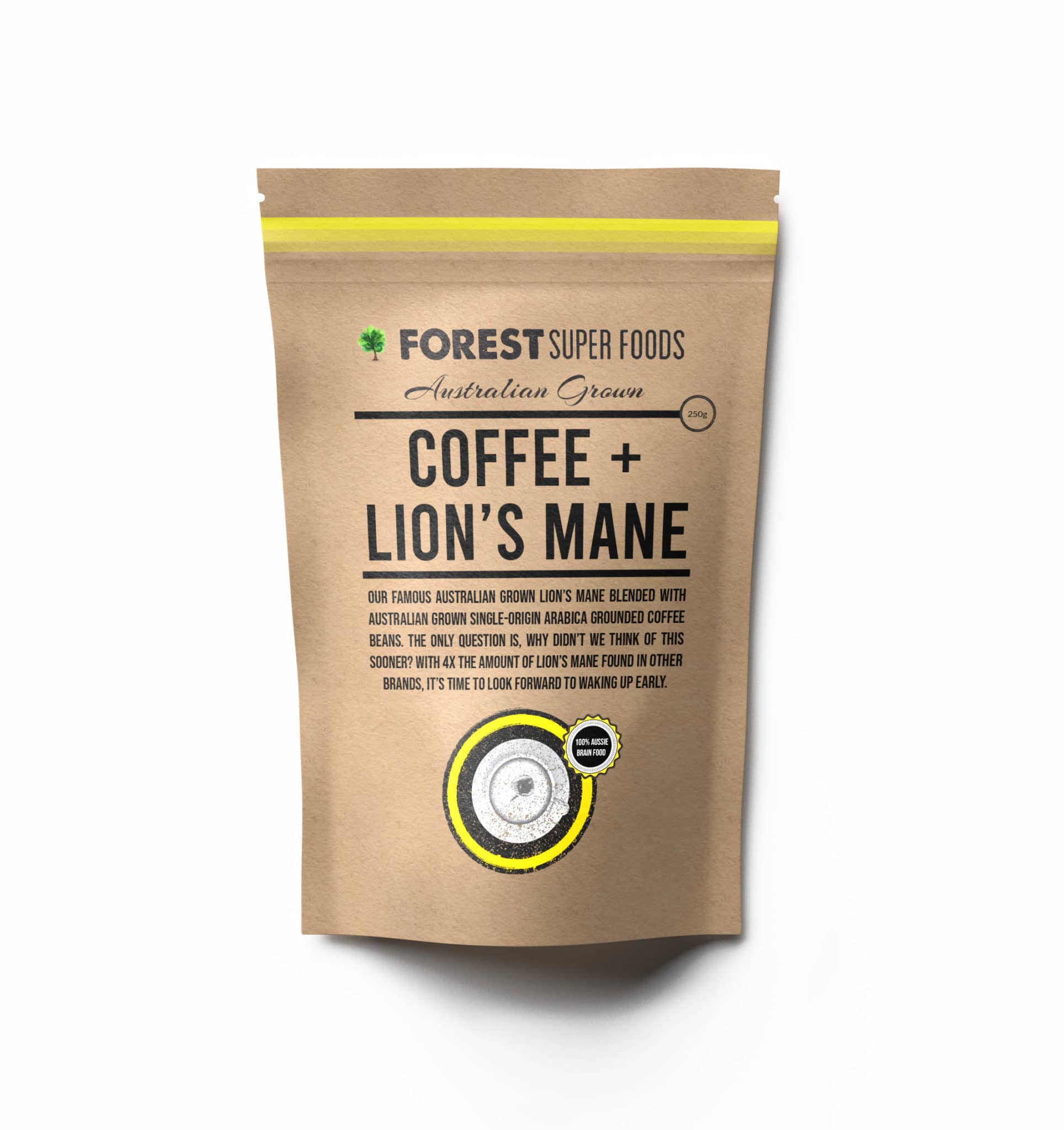Our brain, much like any other part of our body, requires proper nourishment and care to perform at its best. From a balanced diet rich in essential nutrients to lifestyle habits that support neural health, there are several effective strategies we can employ to boost our brainpower, most of them are free!
Drink pure water: Dehydration can impair attention, memory, and cognitive function. Aim to drink at least 8 glasses of water a day of purified water to keep your brain sharp and functioning at its best.
1-2% Dehydration
At just a 1-2% reduction in body water, which is considered mild dehydration, you may begin to notice:
- Decreased Attention: You might find it harder to focus on tasks and sustain attention over extended periods.
- Impaired Memory: Short-term memory can be affected, making it difficult to recall recent information or events.
- Mood Changes: Mild dehydration can cause irritability and mood swings, impacting your emotional well-being.
3-4% Dehydration
Moderate dehydration at 3-4% body water loss can lead to more noticeable cognitive impairments, such as:
- Reduced Cognitive Performance: Tasks that require complex thinking and problem-solving become more challenging.
- Slower Reaction Times: You may experience delays in your ability to react to stimuli, affecting activities that require quick thinking.
- Fatigue: Mental fatigue can set in, making it harder to stay mentally alert and focused throughout the day.
5-6% Dehydration
Severe dehydration, with a 5-6% reduction in body water, can cause significant cognitive decline, including:
- Severe Concentration Issues: Focusing on any task becomes extremely difficult, leading to decreased productivity and performance.
- Confusion: You might experience confusion or disorientation, impacting your ability to make decisions and think clearly.
- Memory Lapses: Both short-term and long-term memory can be severely impaired, affecting your ability to learn and recall information.
Your diet : Include lean proteins, leafy greens, berries, and nuts in your diet. Make at least 75% of what you eat colourful plant foods. These foods support cognitive function and protect against cognitive decline. Foods rich in polyphenols, like berries, dark chocolate, chaga, açai, and nuts, help protect your brain from oxidative stress and support cognitive function.
Increase good fats: Foods like avocados, nuts, seeds, hemp oil and wild caught fatty fish provide omega-3 fatty acids that support brain function and protect against cognitive decline. Include these fats in your diet for optimal brain health.
Include more phosphatidylserine: Phosphatidylserine is a phospholipid that is important for cell membrane health. It has been shown to improve cognitive function, memory, and mental clarity. Phosphatidylserine can be found in organ meats (chicken and beef liver), egg yolks, fatty fish (mackerel and tuna), soybeans (edamame), and white beans
Eat more fermented food: A healthy gut microbiome can improve mood and cognitive function. Include probiotic-rich foods like yoghurt, kefir, and fermented vegetables in your diet to support both gut and brain health.
Eat more magnesium: Magnesium is involved in many brain functions, including learning and memory. It helps regulate neurotransmitters and can improve mood and cognitive abilities. Include more foods high in magnesium, dark chocolate, spinach, pumpkin seeds, almonds, avocado, banana and wild caught salmon
Avoid refined sugars: These foods can lead to cognitive decline and poor memory over time. Instead, focus on whole foods like fruits, vegetables, lean proteins, and whole grains for optimal brain function.
Meditation and mindfulness practices reduce stress and improve focus and cognitive flexibility. Just a few minutes a day can make a big difference. Try yoga, meditation, tai chi and deep breathing.
Quality sleep is crucial for memory consolidation and cognitive function. Aim for 7-9 hours of sleep per night to keep your brain in top shape
Move your body: Regular physical activity increases blood flow to the brain, enhancing memory and cognitive function. Aim for at least 30 minutes of moderate exercise most days of the week
My favourite superfoods for brain health:
Hemp Oil – for its Omega 3 fatty acids
Lions Mane – For its benefits for brain fog and improving productivity
Brain Food- its a nutritionist-curated blend of kola nut, ginkgo biloba, lions mane, ginseng, nettle leaf and suma root to promote healthy brain function.
未經過濾的大麻籽油為您的健康和保健提供強大的補充劑。 立即訂購 |

|
常見問題
獅子草對身體有什麼功效?
獅子毛(Hericium sp.)是傳統上作為健康飲食一部分的功能性蘑菇。它因其獨特的營養成分而受到重視,通常被選來支援整體的健康、生產力和心智清晰度。
獅子鬃在澳洲合法嗎?
是的,獅子鬃毛在澳洲是完全合法的。
獅子草有什麼副作用?
獅子草的耐受性一般都很好,但有些人可能會有輕微的消化不適或皮膚過敏。與任何補充劑一樣,如果您有過敏或正在服用任何常規藥物,最好先諮詢您的醫療保健提供者。
獅子草和 Ashwagandha 孰優孰劣?
這取決於您的目標。Lion's Mane(獅子鬃)在專注力、精神清晰度和減少腦部霧氣方面有很高的價值,而 Ashwagandha(灰草)則能夠減輕壓力和焦慮,讓情緒更平靜。
獅子草會讓我昏昏欲睡嗎?
獅子草不是鎮靜劑,通常不會讓您覺得昏昏欲睡 - 事實上,許多人都表示服用獅子草後,精神會更清晰、更警覺。










發表評論
所有評論在發表前都經過審查。
本網站受 hCaptcha 保護,並適用 hCaptcha隱私權政策 和服務條款。